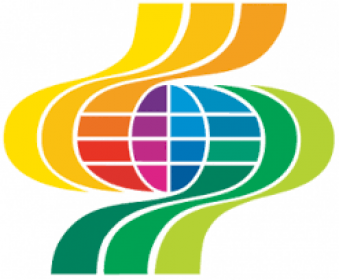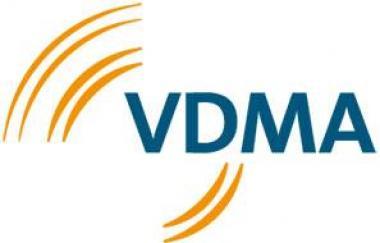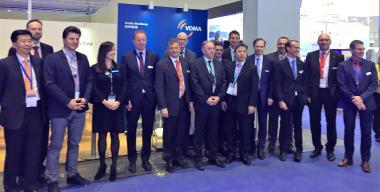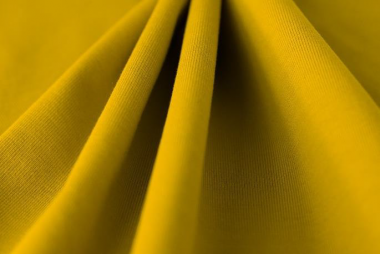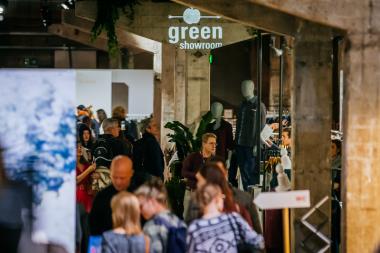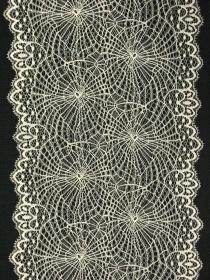INDA announces updated Value Proposition for Industry’s Future
INDA, the Association of the Nonwoven Fabrics Industry, announced it has updated its value proposition to grow the nonwovens industry and establish its global leadership and versality in delivering essential, environmentally-responsible materials and products.
Resulting from an extensive strategic review process guided by industry experts, the new plan positions INDA to move forward from the business challenges of COVID that impacted its ability to hold in-person events.
INDA will equip the nonwovens industry and its customers to achieve business growth by focusing resources on shaping the external environment, and fostering actionable thought leadership on crucial issues. The association will continue to strengthen its vital role of bringing together industry experts in a pre-competitive environment by organizing and leading working groups and committees to focus on areas of mutual concern.
Dave Rousse, INDA President, stated, “We enthusiastically embrace the new foundation based on five key pillars that will guide INDA activities.” These pillars are:
- Convene and connect the industry through trade shows and conferences
- Achieve industry relevance among policy makers, end users, and other key stakeholders
- Advocate for the Nonwovens Industry in public policy forums
- Deliver market insights for better decision making
- Provide training programs to sustain the industry’s innovative edge
Rousse continued, “With last month’s announcement of Tony Fragnito joining INDA as Chief Operating Officer, we are ready to implement this plan and take it into the future. I look forward to working with him to drive INDA’s continuous pursuit of excellence in providing ever greater value to our industry and our members.”
INDA has retained several outside resources to survey members and develop this plan, as well as recruit the support needed to execute the plan over the next several years.
INDA
























